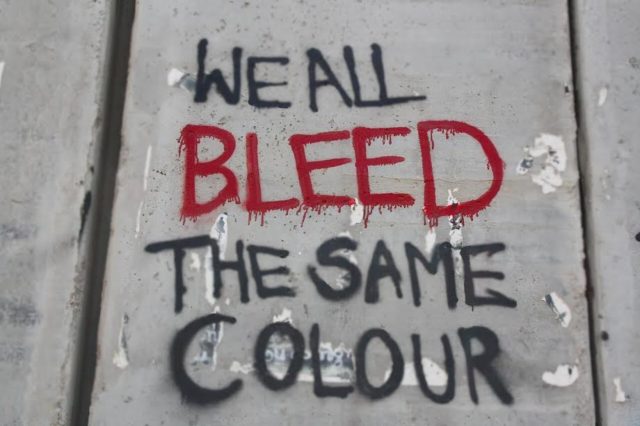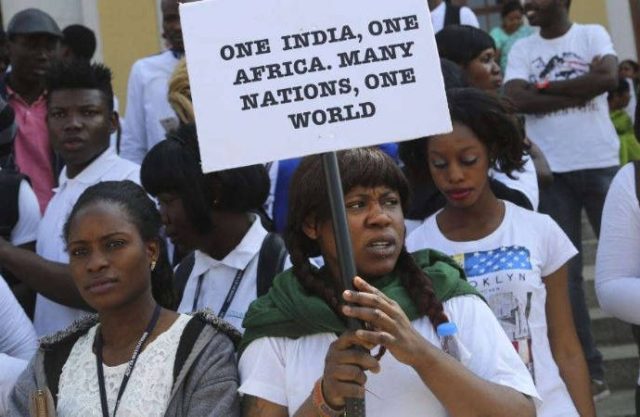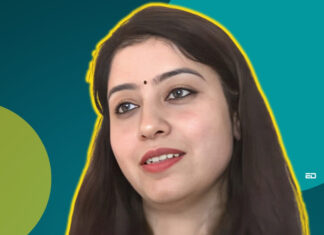By Eshna Gupta
In 2013, a Nigerian national was killed by a mob in Goa. It was followed by an Indian minister calling Nigerians a “cancer”.
In 2016, A Tanzanian student living in Bangalore was attacked by a mob and forced to parade naked in front of the crowd.
To talk of more recent incidents, a 24-year-old girl from Uganda, in the very same city, was murdered by an Indian following an alleged “dispute over payment for sexual favors”. The girl was a student there. This happened on 2nd February, 2017.

Indians certainly are extremely biased against people with dark skin and here I speak as an Indian who has observed this in a variety of forms.
The era and ideology of British colonialism is generally identified as the source of color bias in our country. If we are to reckon with the history of subordination India has had, it was not just limited to the period of British colonization.
The color bias is way more deep-rooted in our minds than we can imagine.
Even before any invasion took place in India, the society was divided into those who could “afford to be indoors” and the others who had to toil in the sun.
The Aryans that came were fair-skinned Eur-Asians who considered themselves superior to indigenous Indians in all aspects; as they carried out all the intellectual work and restricted others out of it, it furthered the color-based class divide in the subcontinent.
The Mughals only played along these lines. Certainly during the colonial period, the color bias was highly propagated by the British and most visible in the purview of history.
It colonized the Indians to hold the light-colored British on a higher pedestal and worked to stir up any existing prejudices among the colonized for their fellow countrymen.
Skin color was used as a tool for discrimination by the colonial forces in African countries as well. Though there, it was used by the whites to keep others out of power. Here, it was also equally practiced by the locals against other Indians.
In India, color bias doesn’t translate so directly into superiority bias ; it is charged with an interplay of national, religious, caste and class identities to a great extent.
Due to these interwoven factors, in India, a dark-skinned Indian might not face discrimination from her fellows while an Englishman visiting the country might encounter expressions of contempt from many.
For the Negro community here, it’s a double disadvantage because of the prevalent color bias as well as the way it is propagated through their description in pop culture references, be it via any sort of narrative in any given media.
Pick up any mainstream action movie of Bollywood, the villain’s goons are always the burly Afro-Americans ; not only this, the melanin content is decisive of the degree of threat – the darker being the more deadly.
Take the example of Akshay Kumar starrer “Mr. And Mrs. Khiladi” and its climax scene and you’ll know what I’m talking about.

Though one wouldn’t even advocate the possibility of that figure being the hero of the story, but the same black burly man is never even the mastermind against the hero ; all he can be a mindless juggernaut or a mere gun-for-hire.
There have been numerous incidents in India where people of this community—students, corporate executives and delegates—have been suspected to be drug dealers and targeted, arrested without any tangible proof.
In August 2014, Aam Aadmi Party leader Somnath Bharti purported a raid on some African residents. In his defense, he said that he had received complaints of drugs and prostitution racket in that area.
Apparently, no one told this well-wisher and the people who came to him with their ‘complaints’ that we do have a functional police force in our country!
This color bias is on various different levels in our country, as it has been towards us throughout our history. Though interestingly enough, a majority of Indian kids studying in US end up befriending Afro-Americans after being bullied by white kids.

Campaigns against fairness cream brands are coming up and being actively promoted nowadays; the color bias against fellow countrymen, wherever it is, is taking up the most subtle forms.
Though in the same country, hate crimes against the African community never make headlines, no matter how morbid they are.
The protests and campaigns that the community holds against the hate are far from being acknowledged.
It seems to me that we are still slaves of the mindset endowed by centuries of slavery; we don’t seem to be making any efforts to free ourselves.
You’d Also Like To Read : You’re Sexist And Racist! And You Don’t Even Know It
































